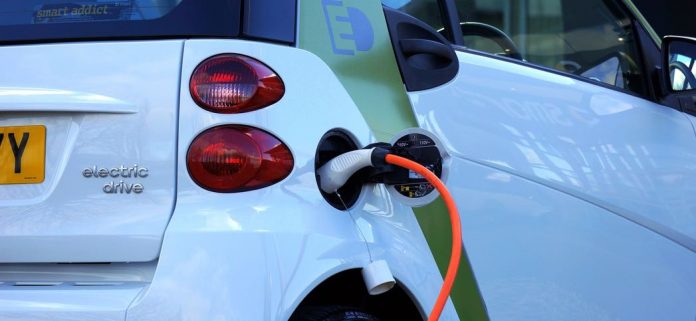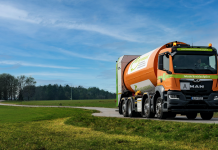Brussels — The European Commission has taken another step to help overcome perceived regulatory barriers to innovation. An Innovation Deal was signed tby eight partners from national and regional authorities as well as innovators from France and the Netherlands. The “Innovation Deal” entitled ‚From E-Mobility to recycling: the virtuous loop of the electric vehicle‘ will tackle the problem of recycling and re-use of electric vehicle batteries.
This Innovation Deal brings together partners from France (Renault s.a.s, Bouygues and the Ministries for the Ecological and Inclusive transition and Economy and Finance) and the Netherlands (LomboXnet, the Ministries of Infrastructure and Water Management and Economic Affairs and Climate Policy, and the Province of Utrecht). Its signature of this second Innovation Deal is another concrete example of how the Commission delivers on its commitment to help innovators address perceived EU regulatory obstacles.
Providing a framework to identify barriers
Carlos Moedas, Commissioner for Research, Science and Innovation, commented: „The electric vehicle revolution is a testimony to how innovation generates growth and fundamentally changes society for the better. In order for Europe to stay in the lead of this innovation race, we need to work together with innovators and authorities to make sure our laws do not hamper innovation. This Innovation Deal will clarify the regulatory landscape in this area, and boost demand for electric vehicles.”
Commissioner Karmenu Vella, in charge of Environment, Maritime Affairs and Fisheries, added: „Innovation in electric vehicles helps the European economy and citizens. This Deal will provide a framework to identify barriers to the reuse of batteries from electric vehicles and explores ways to ensure that EU rules promote their recycling and reuse – the European circular economy in action.“
For a better recycling or re-use of vehicle batteries
This Innovation Deal will explore and analyse whether existing EU law and its transposition to national or regional law hamper the recycling or re-use of batteries for electric vehicles, for example for the purpose of energy storage. In particular, it will look into:
- The existence of possible legislative and regulatory barriers at EU and national level to the use of propulsion batteries in a second-life application;
- Possible ways of overcoming these barriers, evaluating their feasibility and if necessary proposing options to implement them.
The aim is to make the use of propulsion batteries more environmentally and industrially efficient.
More information on Innovation Deals and Commission initiatives for battery production in Europe is online.
Source: European Commission






